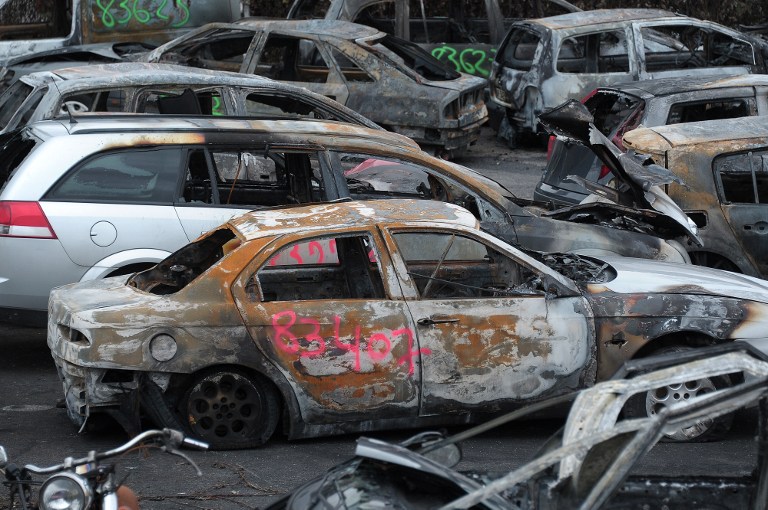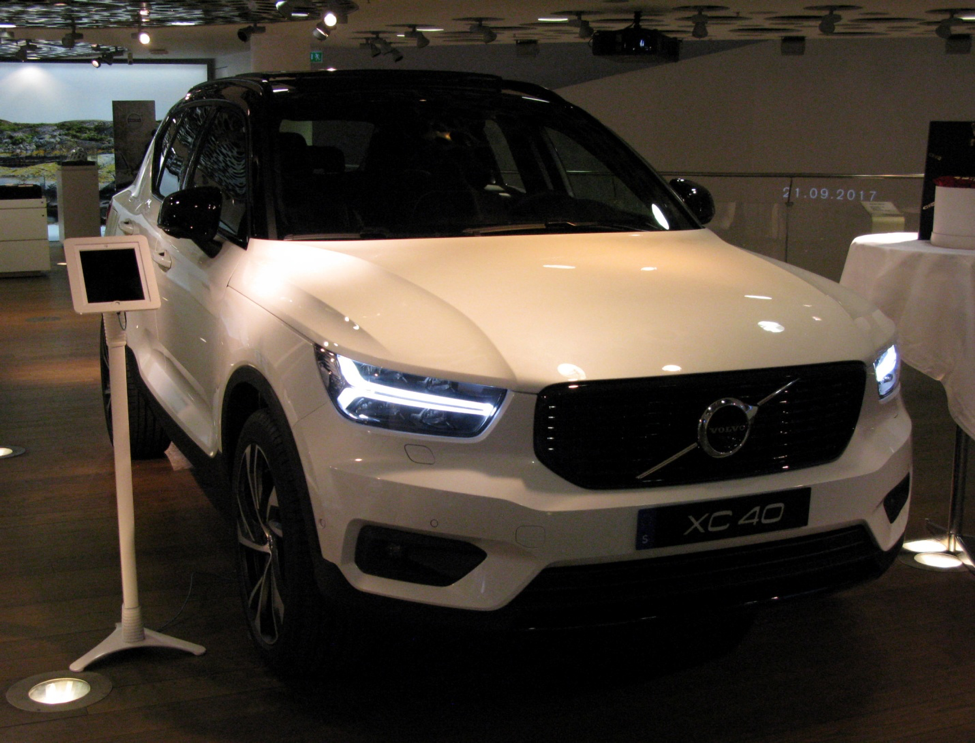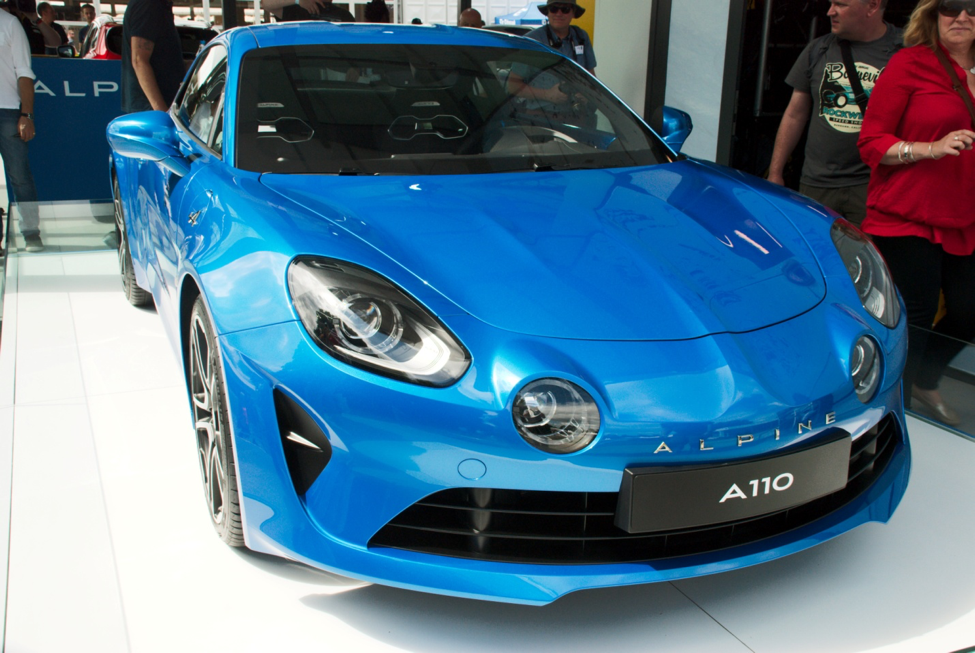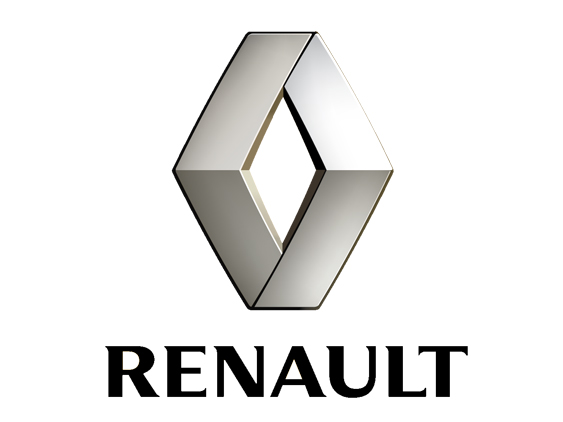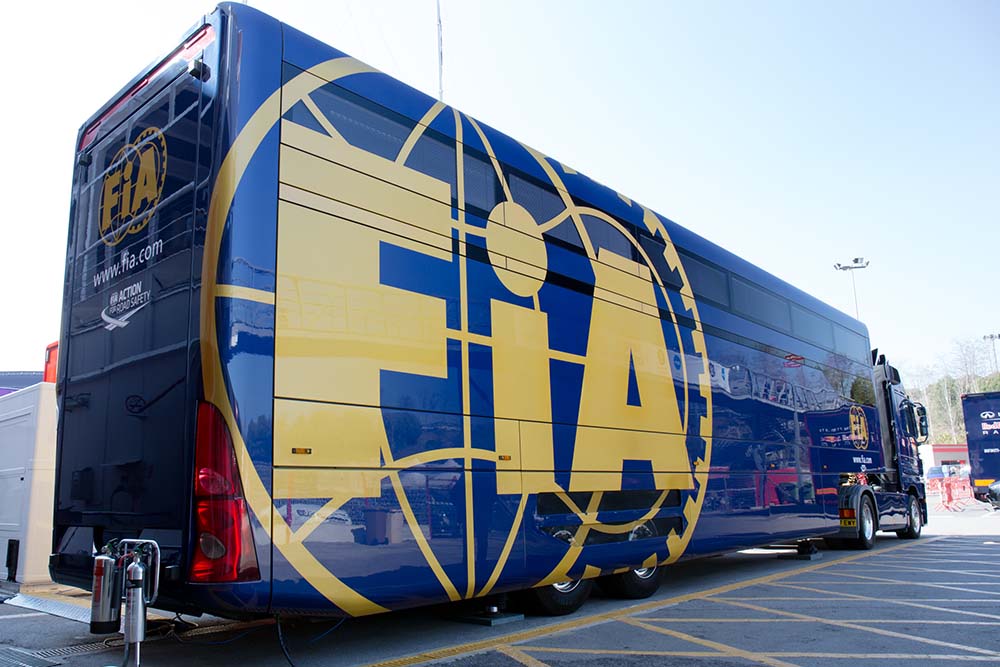
When you speak of an esteemed French car manufacturing company such as Renault, you would expect for the company to invest all of its resources into the development and manufacturing of vehicles, so that it might be able to produce something that is actually useful for humanity. However, some of Renault’s recent activities certainly do not appear to be towards this end.
Those who love reading juicy and unbiased news on the French automotive industry, have run out of luck it seems, owing to how Renault has finally decided to take “unbiased” completely out of the proposition.
The company has purchased a 40 percent stake in the Challenges Group, which is a French publishing company, known for news that it delivers on the automotive industry. What this means is that people of France will read what Renault will feed on the matter of French cars. So much for unbiased journalism!
The surprising part of it all is that Renault is known, all over the world as one of the leading players in the international automotive industry. However, when you consider that the company had to stoop so low to contend with being left behind by companies that are ACTUALLY serious about taking the automotive industry forward, you have to consider the crisis that Renault must be in for it to make such a move.
Renault needs to realize that the company will be better served by making investments in cars rather than news agencies, owing to how it is the cars that will ultimately bring in profits and not public sentiment. If a car manufacturer is able to put forward the best products in the market, purchasing a news agency should be the least of its concerns.


